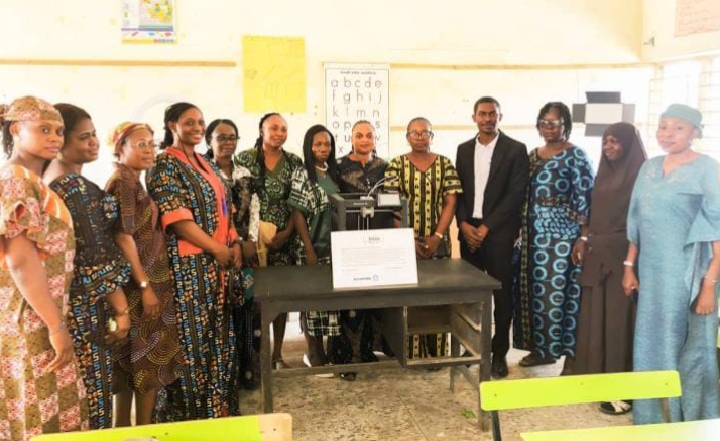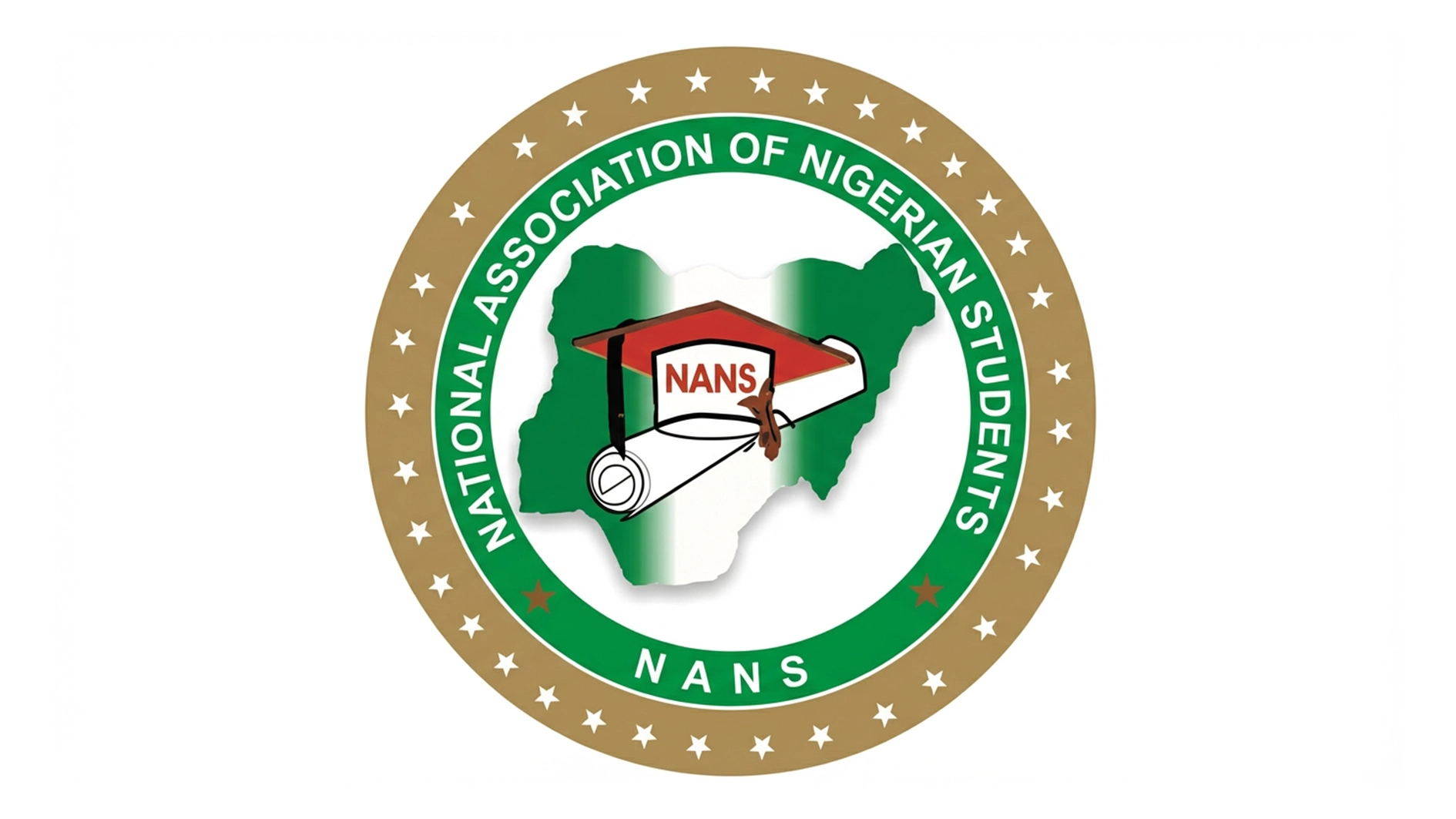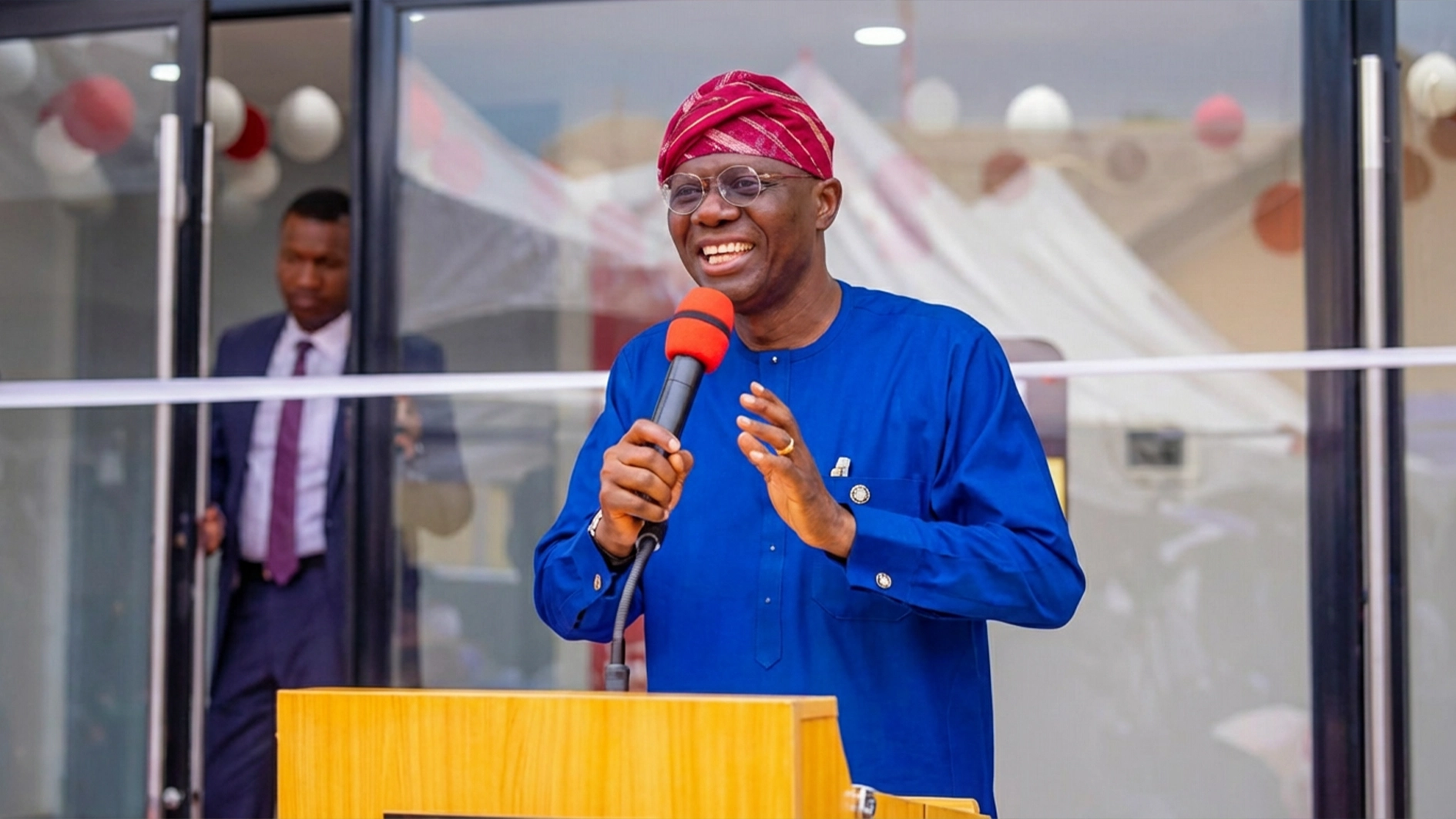
In an effort to digitalise education and enhance learning experience, Generative CAD Services Limited, a product development and engineering consulting firm, has partnered with Flashforge to donate printers and learning materials to African Church Primary School and First African Church Mission Primary School in Ifako-Ijaye, Lagos, respectively.
The firm’s initiative underscores the transformative potential of technology in education, paving the way for a future where Nigerian students can compete globally in innovation and creativity.
The Chief Executive Officer of Generative CAD Services, Chukwubuikem Amaefule, said the initiative is part of a broader partnership with international original equipment manufacturers, including Flashforge, a renowned maker of 3D printing machines. Amaefule added that the project is aimed at revolutionising education across African schools.
“One of our goals is to enhance the learning experience and support teachers in making an impactful difference. Traditional methods like drawing boards and papers can be challenging, but 3D printing brings the transformative power of creativity, making and innovation to classrooms. It makes learning more interactive and helps students visualise and create in three dimensions, which is crucial in our 3D world,” Amaefule said.
He explained the versatility of 3D printing, emphasising its applications across various fields, including education, healthcare, automotive, prototyping, manufacturing and construction. He, however, noted that the initiative is aimed at advancing quality education by fostering creativity and curiosity among young learners.
Reflecting on his own experience, Amaefule highlighted the importance of introducing advanced technologies like 3D printing at an early stage.
“I didn’t encounter a 3D printer until I graduated from university. Imagine the doors it could have opened if I had access to one in secondary school. We aim to catch them young, as curiosity and creativity peak during childhood. This exposure can inspire innovation from primary school through university,” he stated.
The donated 3D printers are expected to provide hands-on learning opportunities, enabling students to design and create tangible models of objects, including human anatomy, automotive parts, and architectural models.
“Teachers will also receive training to ensure effective use of the machines in classrooms,” he said. Amaefule also stressed the importance of sustainability and partnerships in this initiative.
“We’re not just donating machines, we are ensuring they are used effectively by training teachers, and maintaining regular contact with the schools. This ensures a long-term impact, even as students come and go.” He also called for collaboration from individuals, alumni associations, and government bodies, noting that with public-private partnerships, more schools can benefit.
Amaefule noted that an immediate training session for teachers will follow, with skills to design and create 3D models independently.






